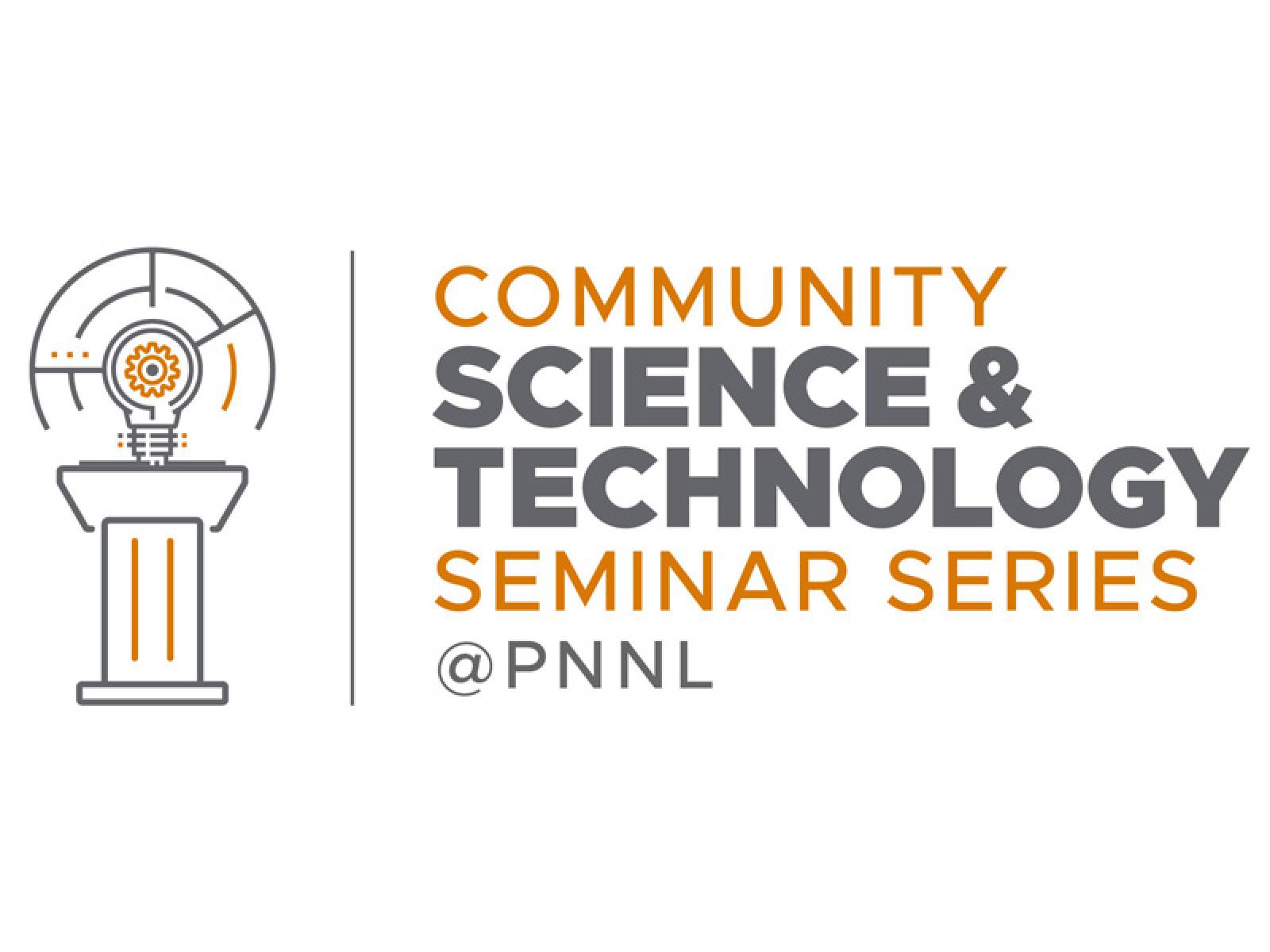Unraveling the Complex Chemistry of Hanford Site Nuclear Tank Waste
Presented by Emily Nienhuis and Lixin Lu

November 15, 2022 5:00pm PST
Presented by Emily Nienhuis and Lixin Lu

IDREAM investigates the fundamental chemistry of nuclear tank waste at the DOE’s Hanford and Savannah Rivers Sites to help accelerate processing for long-term disposal.

Emily Nienhuis is a postdoctoral researcher at Pacific Northwest National Laboratory and a leader of the IDREAM Early Career Network. She earned her PhD in materials science and engineering at Washington State University. Her research interests include the synthesis and characterization of highly concentrated, low-water, alkaline solutions. Emily’s goal is to understand how solute–solvent interactions and solution organizational structures affect crystallization propensity, reaction pathways, and resulting products. To do this, she uses Fourier transform infrared and Raman spectroscopies and has participated in multiple beamtime campaigns at DOE’s Advanced Photon Source and Spallation Neutron Source.

Lixin Lu is a PhD student in chemistry at the University of Washington and a leader of the IDREAM Early Career Network. Her research focus is on developing and utilizing ab initio electronic structure methods to better describe chemical systems, using computational simulations to gain better understandings about the mechanisms behind the phenomena. In IDREAM, her work helps decode and explain the experimental spectra, as well as predict the dynamics to show how the system evolves. Lixin was awarded UW’s Benton Seymore Rabinovitch Endowed Fellowship in 2018.
The Interfacial Dynamics in Radioactive Environments and Materials (IDREAM) Energy Frontier Research Center (EFRC) is a PNNL-led partnership with Argonne National Laboratory, Oak Ridge National Laboratory, Georgia Institute of Technology, the University of Notre Dame, the University of Utah, and the University of Washington, and Washington State University.
Since 2016, this interdisciplinary team has been exploring complex chemical phenomena to enable innovations in retrieving and processing high-level radioactive waste and resolving knowledge gaps that have perplexed industrial aluminum process chemists for more than a century. IDREAM’s research has resulted in key breakthroughs and is directly challenging long-held beliefs and surmounting barriers through integrated computational and multi-modal experimental approaches.
IDREAM is one of 41 EFRCs stewarded by the Basic Energy Sciences (BES) program in the U.S. Department of Energy's Office of Science. While BES is the sponsor and EFRC steward, IDREAM's science provides a technical foundation for innovation within the DOE Office of Environmental Management's cleanup missions at the Hanford Site in Washington state and at the Savannah River Site in South Carolina.